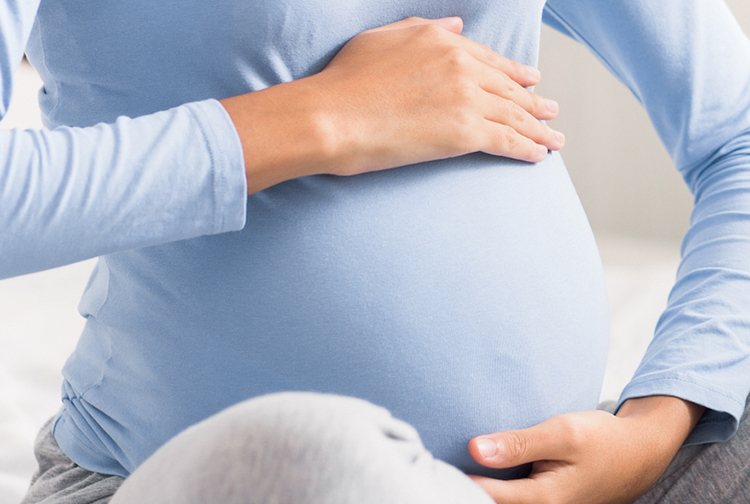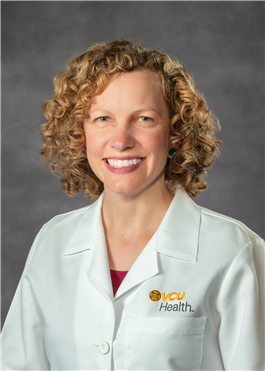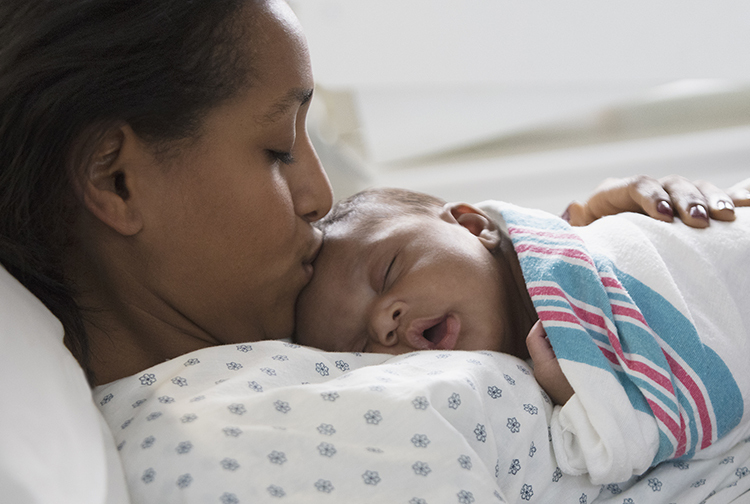
Navigating pregnancy loss and future pregnancies
Our expert addresses common concerns.
February 04, 2022 Photo: Getty Images
Photo: Getty Images
Updated February 4, 2022, to include video on one couple's journey.
There is no handbook to prepare families for the devastation of pregnancy loss. Everybody processes grief differently. Many patients feel they are to blame.

Casey wants you to know there are things you can do optimize your pregnancy and reduce your risk of pregnancy loss. This includes evaluating your overall health and nutrition and resolving substance use concerns, such as alcohol and tobacco products. Controlling blood pressure and diabetes are especially important during pregnancy. As you prepare for pregnancy, Casey says, preconception counseling and resources are really important if you have medical conditions or other health concerns.
How common is pregnancy loss?
Pregnancy loss is more common in the first trimester and is more common among women of color. Pregnancy that ends before 20 weeks is called a miscarriage. As many as one in five women suffer pregnancy loss by age 35. Pregnancy loss can result from genetic abnormalities or problems that arise anytime throughout gestation.
There’s no wrong emotion.
In the short term, you may experience a variety of emotions. If it was a long-awaited pregnancy, you may feel devastated. In other instances, you may feel relieved.
“It’s also very important that we help patients understand they're not alone, that they don't need to feel alone. That no matter when this is taking place for them, we can help them with further resources.”
Casey encourages you to talk to your providers or a psychologist/counselor if you need help coping. She also recommends community resources, such as Full Circle Grief Center and the MISS Foundation, as well as online support groups. Your provider may be able to point some out to you. See our list of resources.
Pregnancy after a previous loss
Pregnancies following a previous loss can bring on a lot of anxiety. Providers are in a unique position to help patients and their partners navigate the uncertainty as well as the emotions that may arise moving through the different stages of pregnancy.
“Perhaps it's offering additional ultrasounds or appointments to ease anxiety so you can see the progress of your pregnancy over time,” Casey suggests. “Other patients very much want to distance their appointments, because it makes them feel nervous to come in, and it brings too many memories. Again, this really speaks to honoring the patient where they are and where their family is in the process and just making sure there's open communication.”
Listen to one’s couple’s journey as they found hope after a loss and support for their next pregnancy at VCU Health.
Pregnancy in the era of COVID-19
You may be thinking about having a baby now despite the threat of COVID-19. Casey encourages you not to look at this as either a “right” or a “wrong” time to pursue a pregnancy. Instead, she encourages you to focus on the evidence currently available regarding the safety of the vaccine and how the virus may affect someone who’s pregnant. The more educated you become, the more you’ll trust your own decision-making.
VCU Health is here for you as you navigate pregnancy loss and plan future pregnancies.
Call us at 804-828-4409 to schedule an appointment. In the meantime, listen to a podcast featuring Dr. Casey or visit vcumom.com for a wide range of articles on pregnancy and birth.
This story was originally published June 21, 2021.
Visit Our Pregnancy and Birth Center



